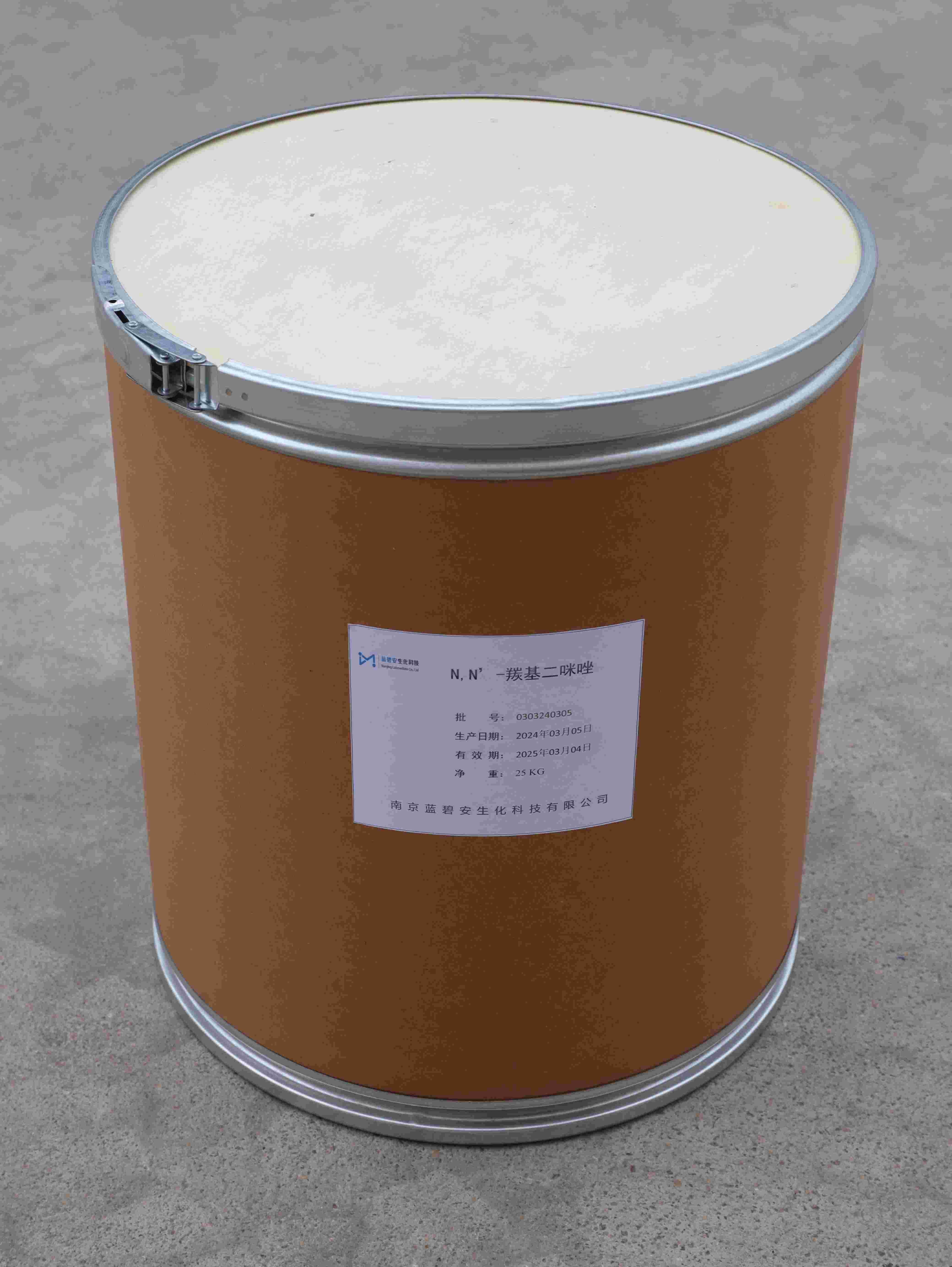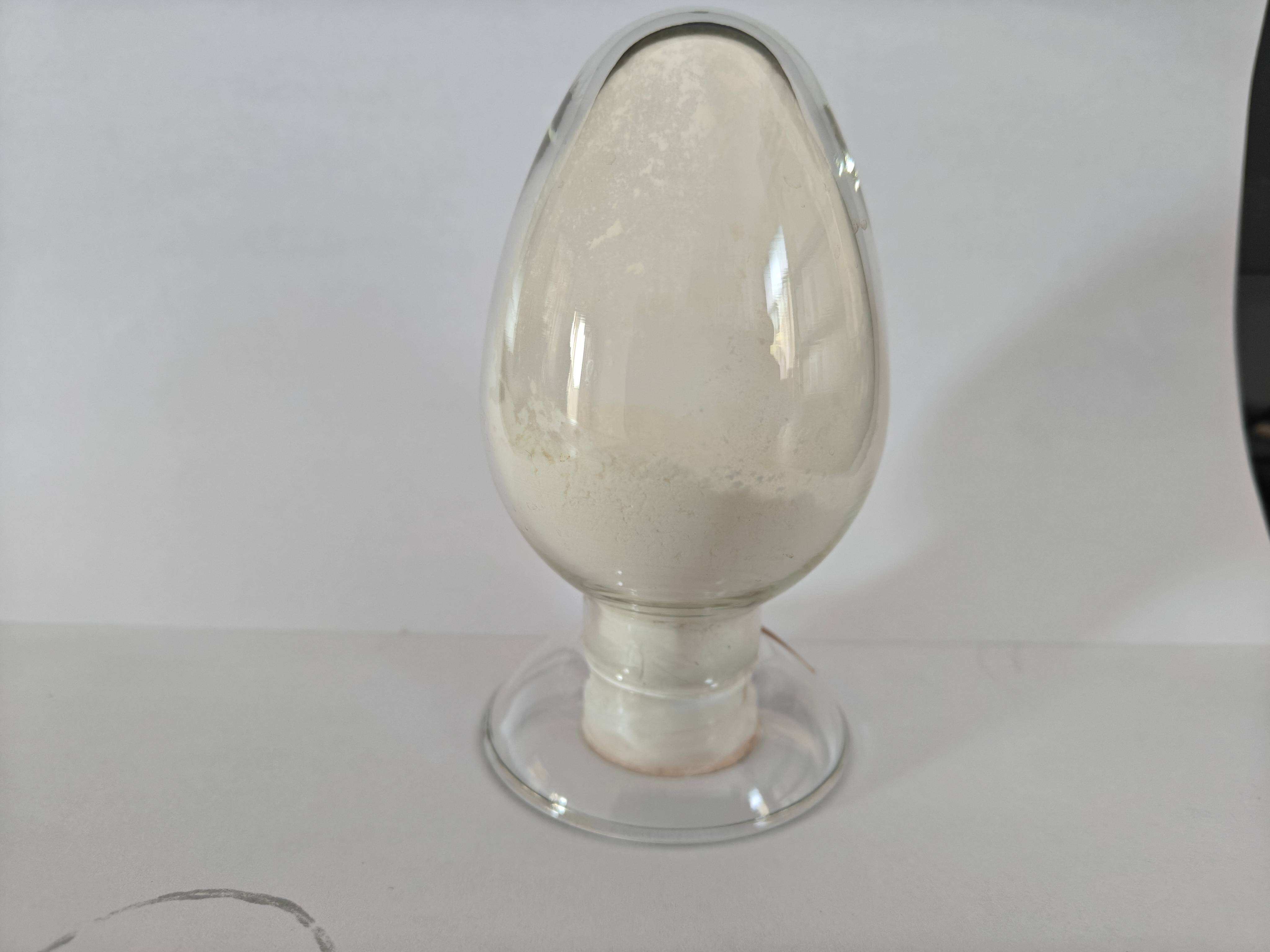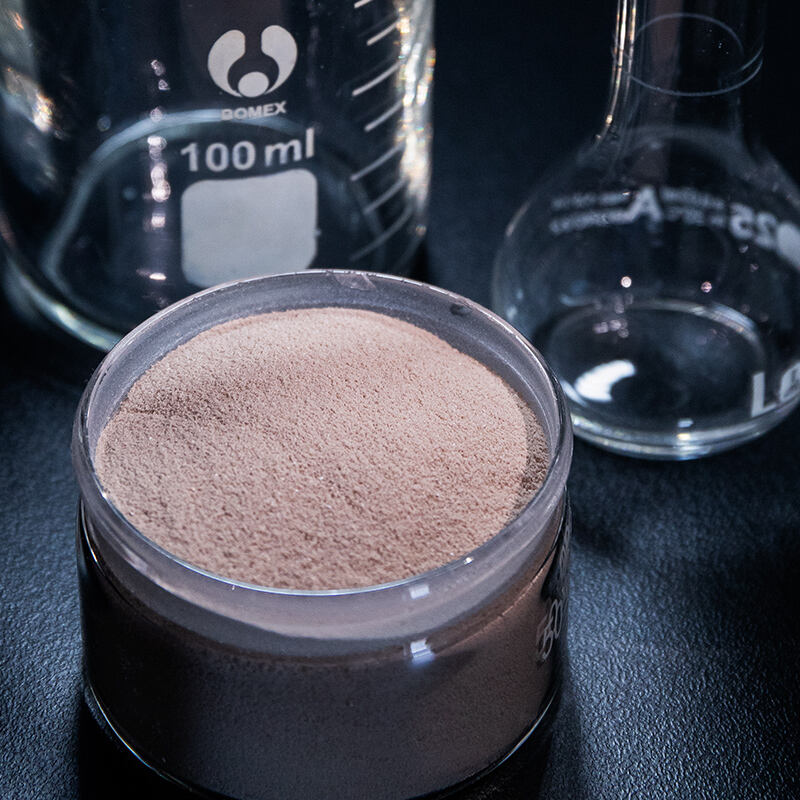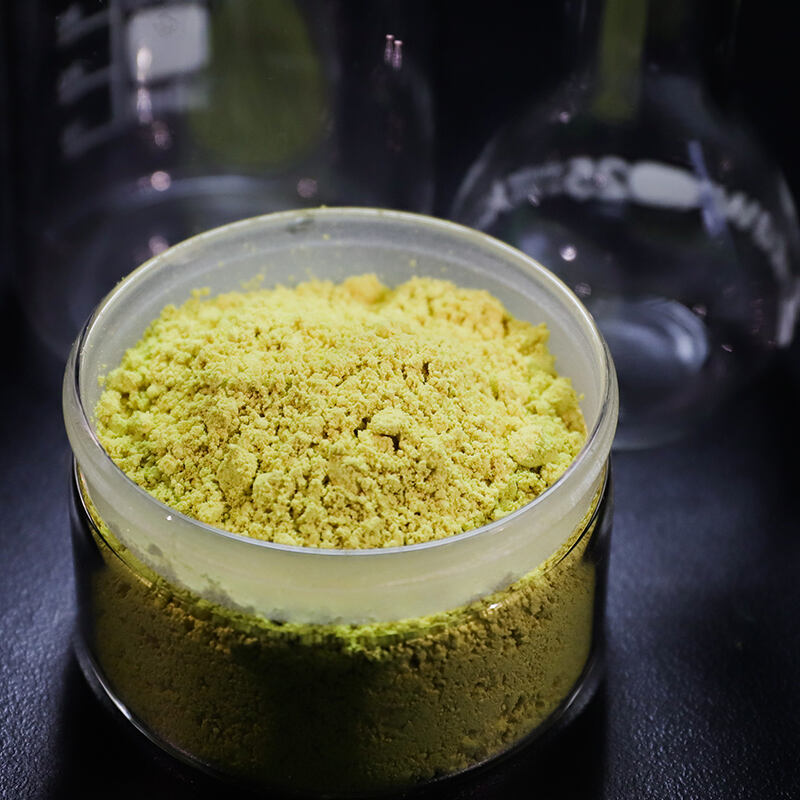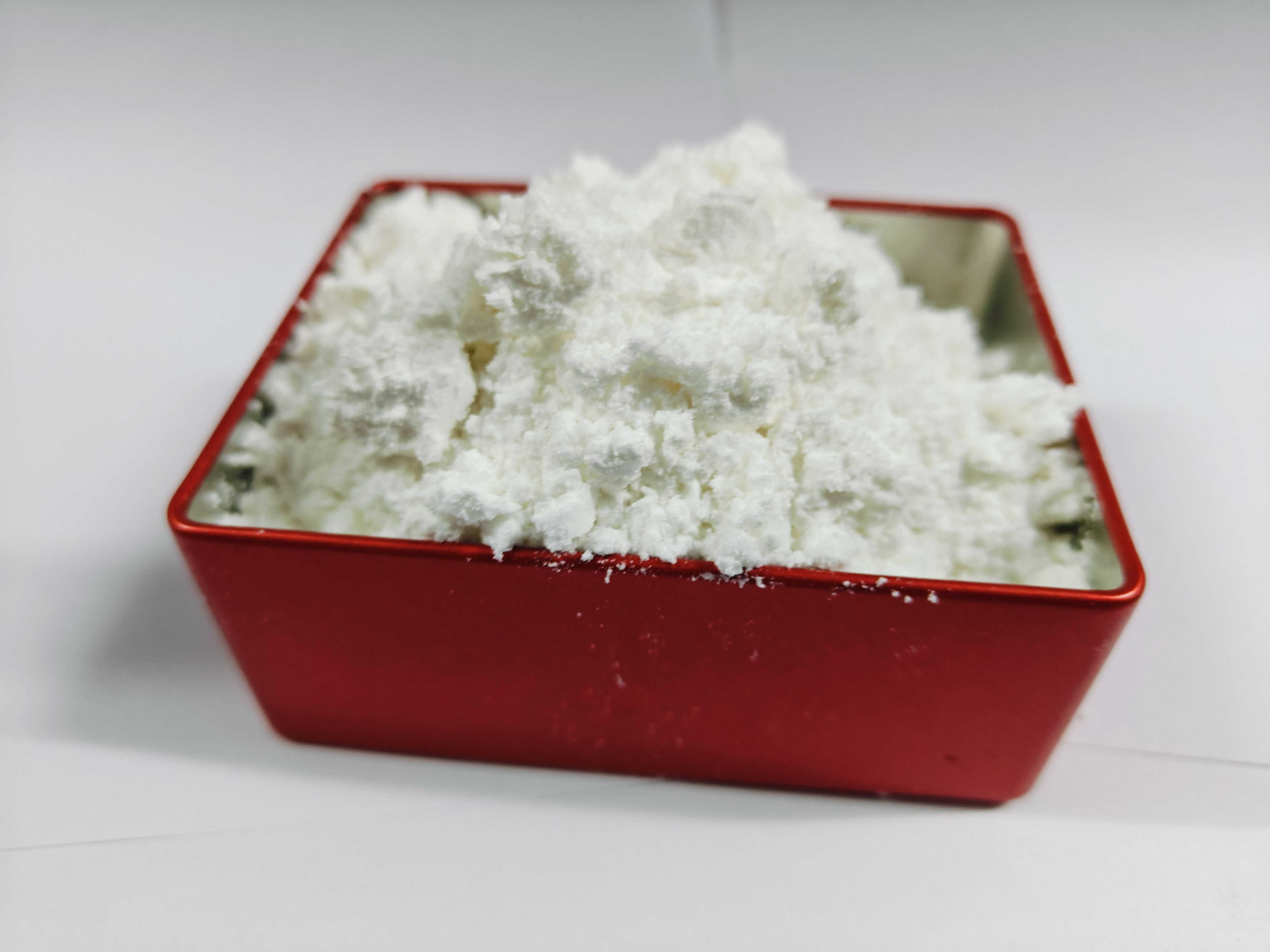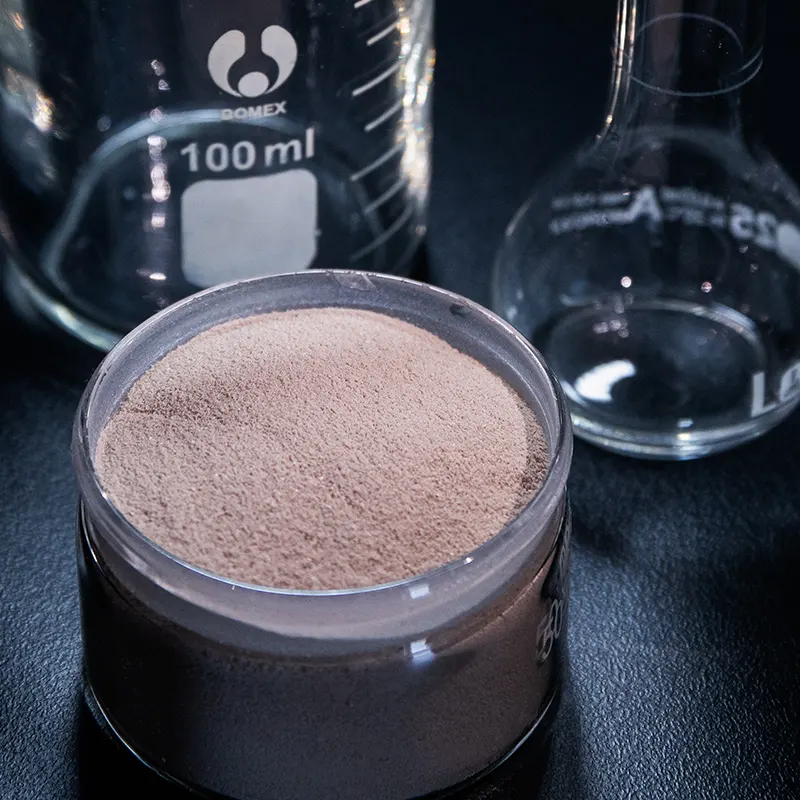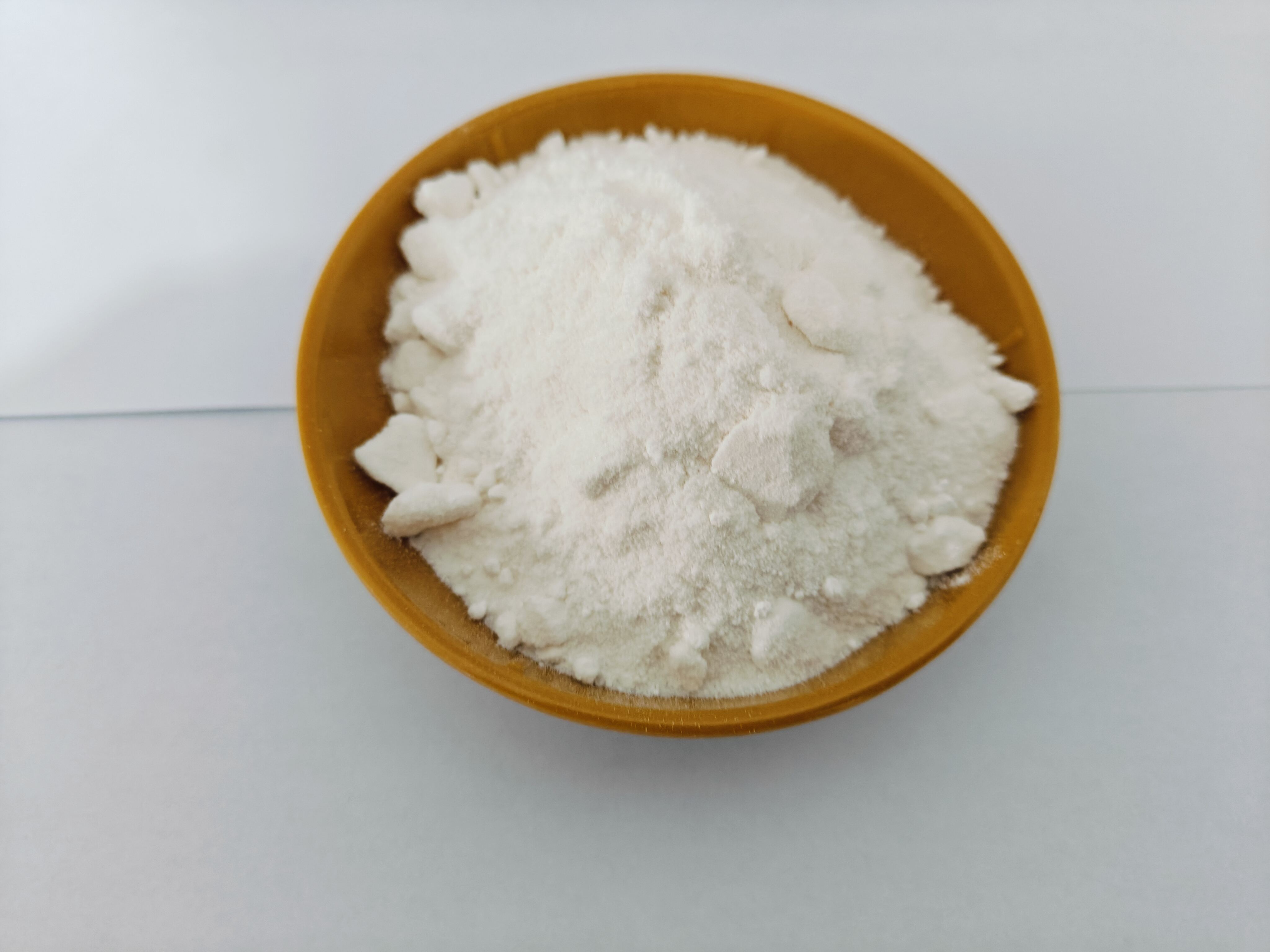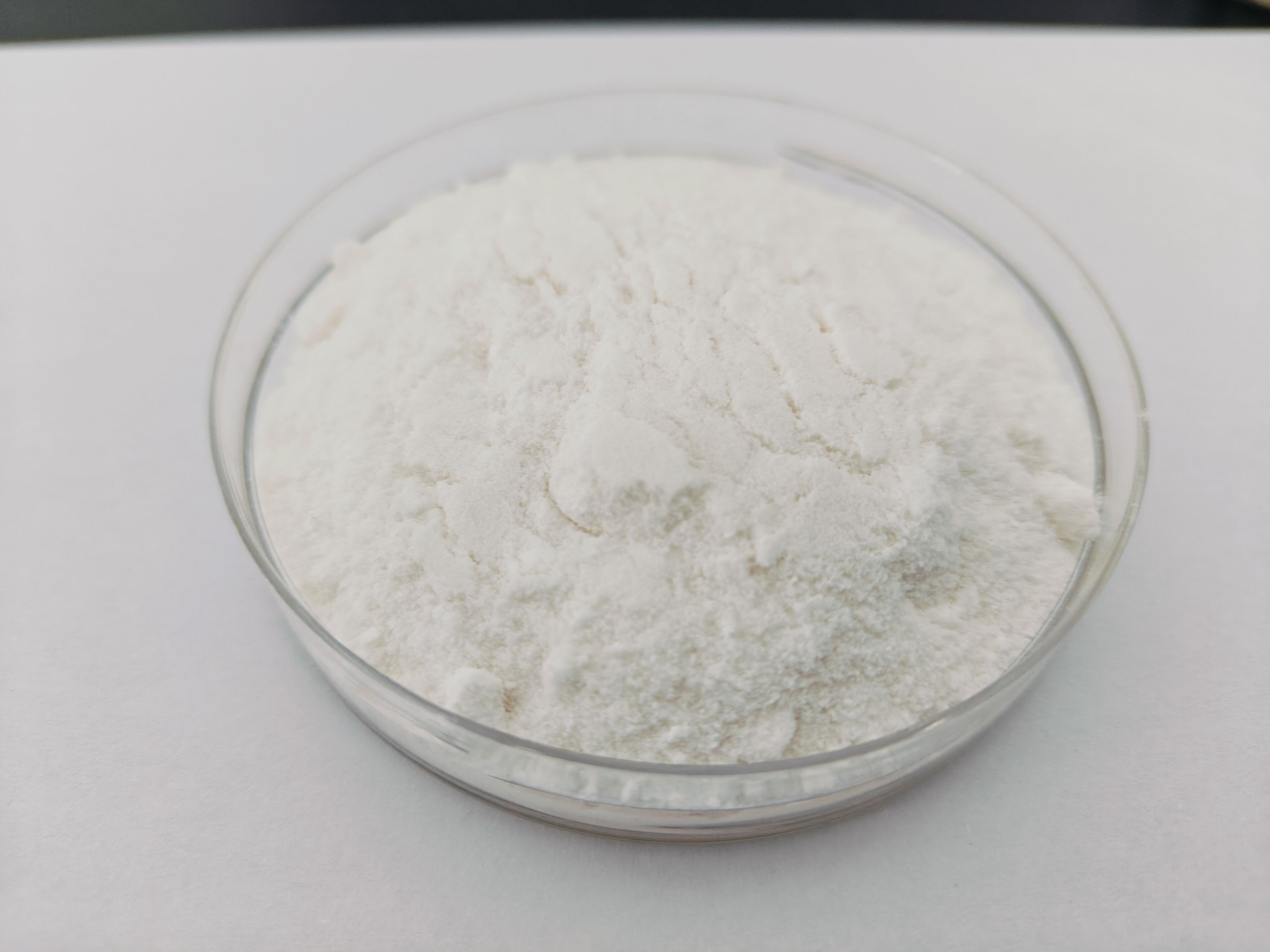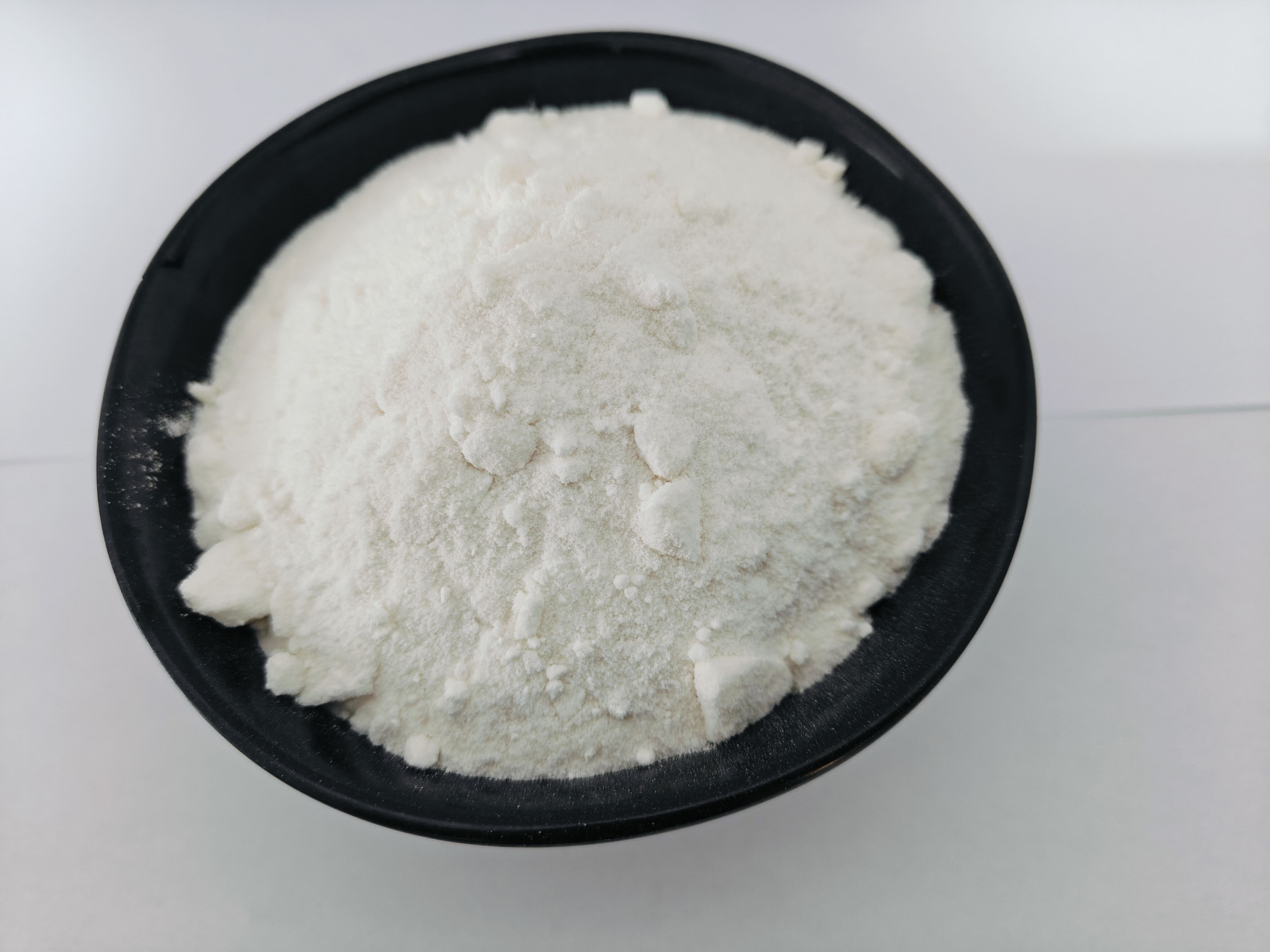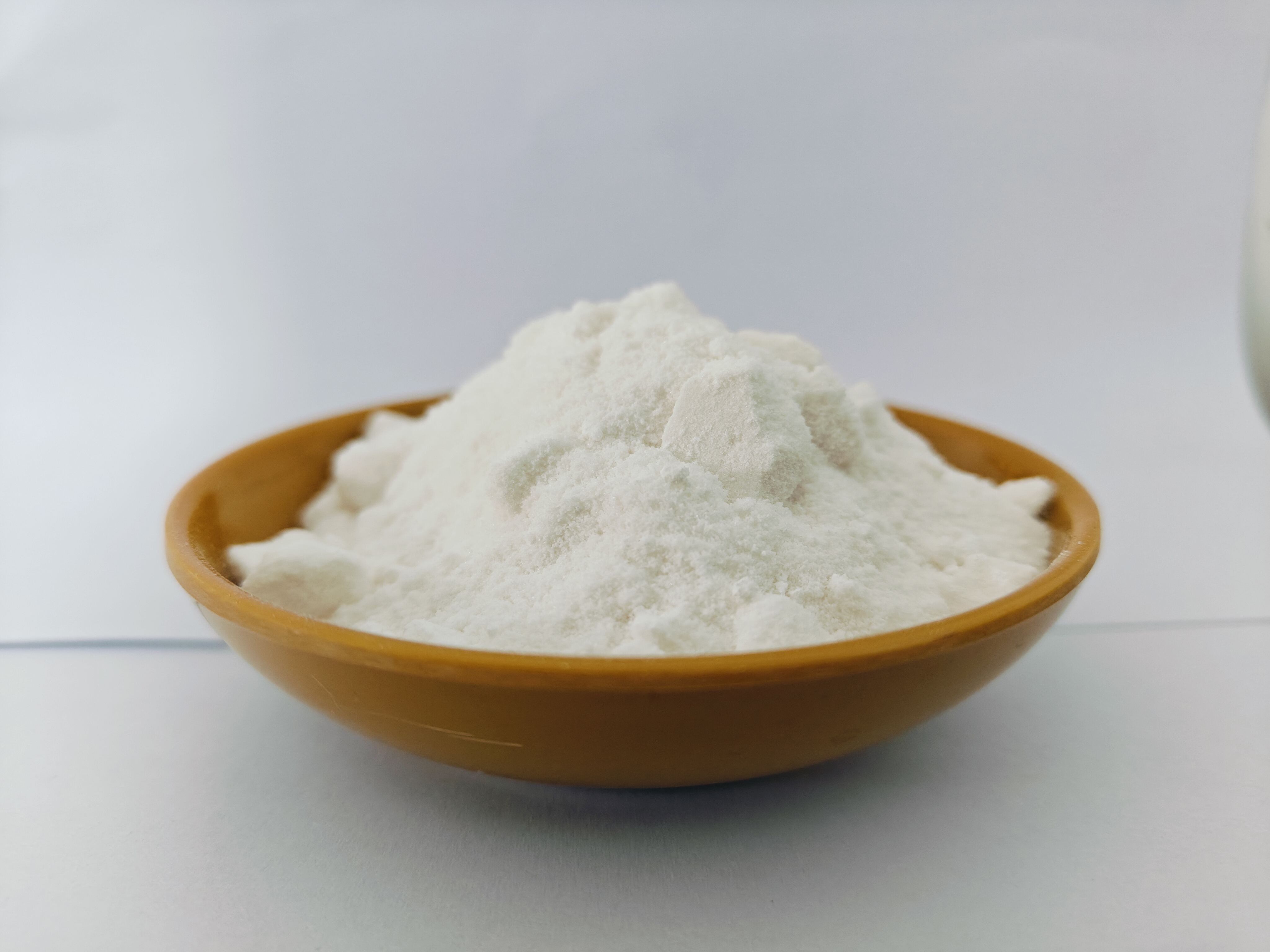courbe dsc
Une courbe DSC (Dilatation Scanning Calorimetry) représente une technique analytique puissante utilisée en analyse thermique, offrant des informations détaillées sur les propriétés et le comportement des matériaux. Cette méthode de mesure sophistiquée trace le flux de chaleur en fonction de la température ou du temps, révélant des informations cruciales sur les transitions thermiques des matériaux. La courbe affiche généralement divers pics et vallées correspondant à des événements thermiques spécifiques tels que la fonte, la cristallisation, les transitions vitreuses et les réactions chimiques. En mesurant la différence de flux de chaleur entre un échantillon et un matériau de référence, la courbe DSC permet aux chercheurs et fabricants de déterminer des propriétés thermiques précises, y compris la capacité calorifique, la stabilité thermique et les transitions de phase. La technologie utilise des capteurs très sensibles et des systèmes de contrôle précis de la température pour détecter même les changements thermiques subtils, ce qui en fait un outil inestimable dans de nombreuses industries. Les instruments DSC modernes peuvent fonctionner sur une large plage de températures, généralement de -180°C à 725°C, avec une précision et une reproductibilité exceptionnelles. La courbe résultante fournit des données quantitatives et qualitatives essentielles pour la caractérisation des matériaux, le contrôle qualité et les applications de recherche. Cet outil analytique polyvalent est devenu indispensable en science des polymères, en développement pharmaceutique, dans l'industrie alimentaire et en recherche sur les matériaux, offrant une analyse thermique détaillée qui guide le développement de produits et les processus de fabrication.

